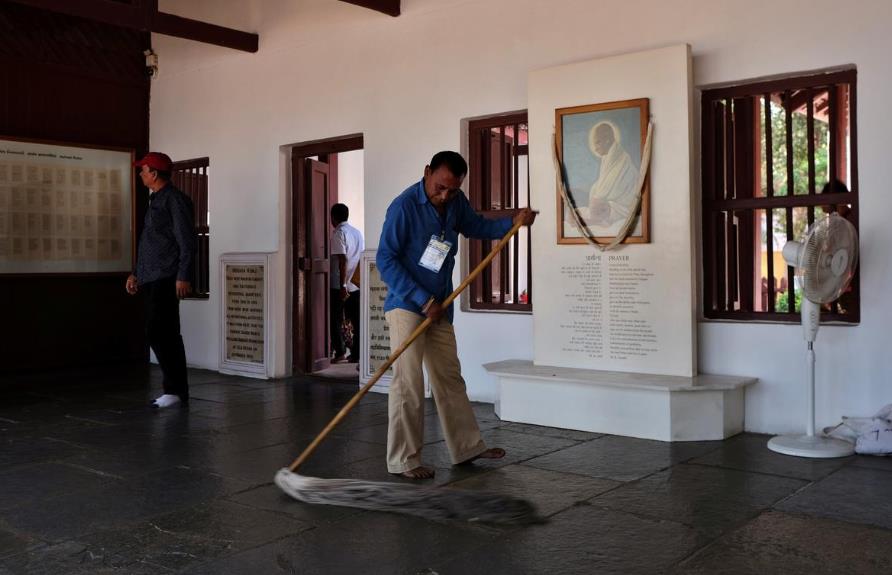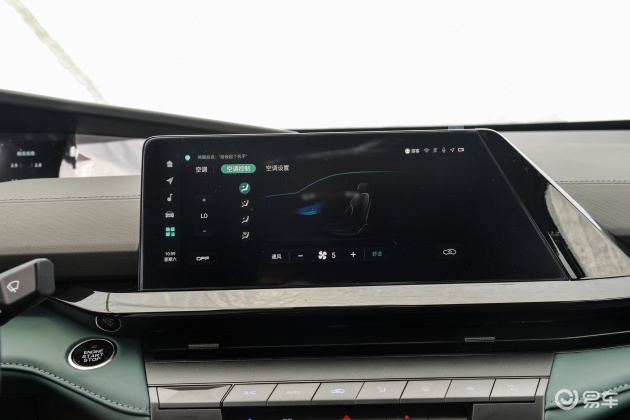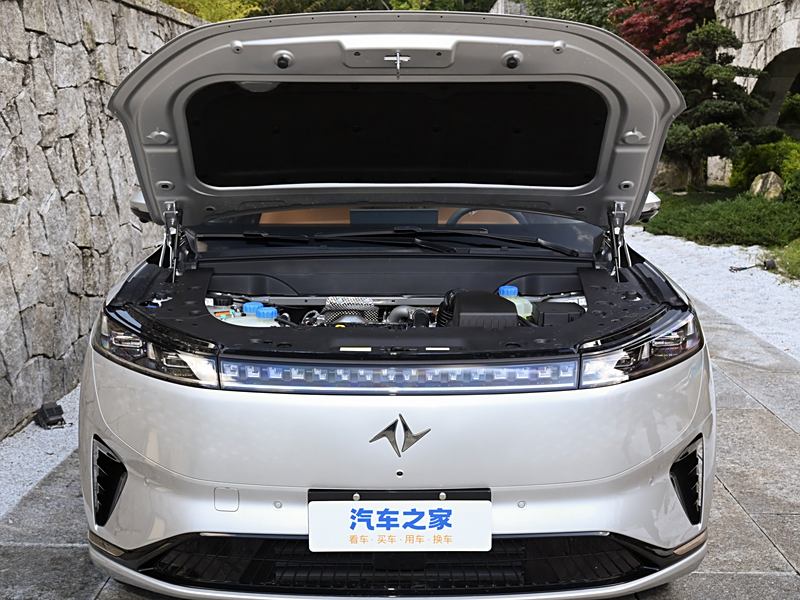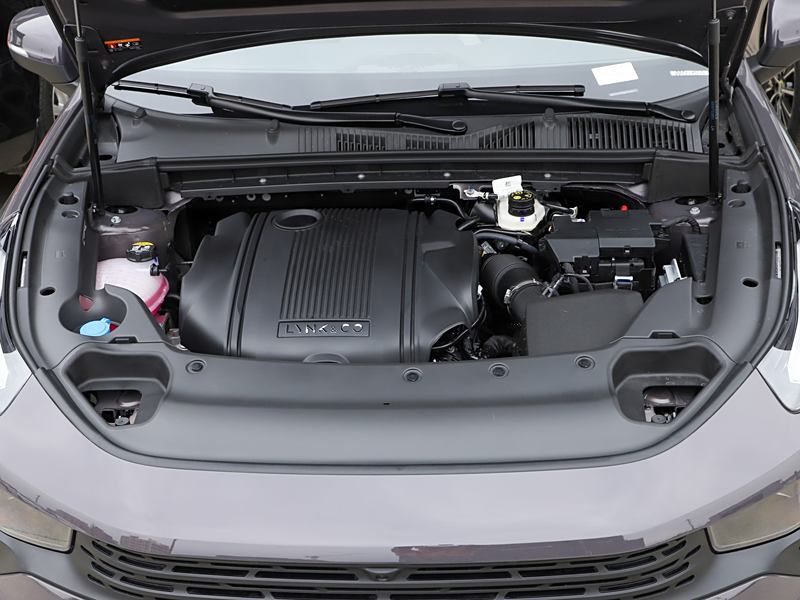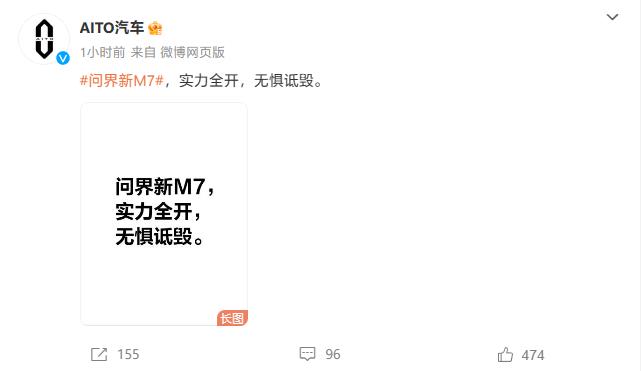The 21st Guangzhou International Automobile Exhibition (hereinafter referred to as "Guangzhou Auto Show") is in full swing at the Pazhou Complex of the China Import and Export Fair. On November 18, the first audience open day coincided with a Saturday, and the venue was bustling with people.
How to visit the auto show? How to choose your favorite vehicle? What are the highlights of the RV exhibition area? What new products and services are launched by smart cars? With these questions in mind, the reporter visited the Guangzhou Auto Show and listened to the voices of the citizens at the scene.
Buying a new energy vehicle or a fuel car? Citizens have different opinions
This year’s Guangzhou Auto Show has attracted mainstream auto brands and new energy vehicle companies from around the world. The exhibition area covers an area of 220,000 square meters, with a total of 1,132 vehicles on display, of which 469 are new energy vehicles, accounting for 40%. Various brands, rich models, preferential promotions, and diverse price ranges… Guangzhou Auto Show has attracted many citizens to come and buy their favorite models with a series of advantages.
In front of the Huawei Hongmeng Zhixing booth, Ms. He was listening carefully to the lecturer’s introduction of relevant technologies and products. She told reporters that she came from Shenzhen on a special trip, hoping to choose the right car here.
When it comes to buying traditional fuel vehicles or new energy vehicles, Ms. He said that she prefers to choose new energy vehicles out of her own considerations. "Because I am not very good at parking, I really want to know more about the function of automatic parking. In addition, intelligent driving, automatic obstacle avoidance, artificial intelligence technology, etc., are all my concerns."
In the field of new energy vehicles, she is more inclined to hybrid gasoline and electricity. "My budget is within 300,000, and my daily travel is mainly in the upper class and suburbs. When I am on vacation, I may drive back to my hometown. If I can charge and refuel, I will be more at ease." In addition, the car brand is also an important factor affecting Ms. He’s car purchase. "At this stage, when buying a car, I will still choose a well-known car company, and I feel that the quality and safety are more guaranteed."
Regarding whether they prefer to buy new energy vehicles or traditional fuel vehicles, the reporter randomly interviewed some citizens at the scene. People who intend to buy new energy vehicles often mention the following points: the price of the car is advantageous, the charging cost is lower, the model is more scientific and technological, the level of intelligence is high, and the relevant policy support; but they also mention mileage anxiety, difficult charging, and insufficient charging infrastructure.
Many people who choose traditional fuel vehicles mention that they prefer to use fuel vehicles, which are suitable for long-distance travel, have lower maintenance costs, and better driving experience. However, the disadvantages are that the vehicle price is relatively high, the fuel cost is more expensive, and the product update is slow, making it difficult to meet the needs of intelligent travel.
As the car market evolves, so do consumer choices. Mr. Cheng bought a gasoline-electric hybrid in 2017 and a gasoline-powered car three years later. "Each has its own advantages and disadvantages, and it is difficult to generalize," he says. "It is more comfortable to drive a gasoline car on high speed, but it is flatter to drive a hybrid in the city. I will definitely buy a tram in the future, but now I feel that the tram still has a lot of limitations, such as low battery life at high speed, easy to heat up when charging, and not 100% safety."
Different groups of people have different needs? Precise positioning of car companies
The competition in the car track is intense. How can car companies attract customers with high-quality products and high cost performance? At the exhibition hall, some car companies strive to attract more target customers by reducing prices for a limited time, giving discounts, live streaming, and providing customized services.
The needs of different groups of people vary, and automakers need accurate positioning to win customers.
In some booths, car companies placed camping tables and chairs, and placed bicycles on the roof to set off the product highlights with specific life scenes. Mr. Ge, who likes cycling and outdoor camping, admitted that "it is really attractive. When I see the car, I think of the outdoor camping scene. My car budget is about 150,000, and after looking around, there are many favorite products."
In response to the needs of some family travel, some car companies have positioned themselves as "affordable and easy to drive, comfortable space, and designed for family travel"; some car companies have proposed the concept of giving young people a more ideal "home"…
There are also some car companies that are ingenious and choose more niche tracks. For example, GAC Trumpchi launched the E9 Care Edition, which is equipped with electric welfare wheelchairs to facilitate the travel of the elderly, pregnant women, the disabled and other groups.
"This kind of innovation is really practical and humanistic," said one of the elderly on the spot. "My parents are old, and it looks good to buy this car to take them around." In this regard, a staff member of GAC Trumpchi said that the car is still in the research and development stage and is expected to be mass-produced next year.
Sense of technology, practicality, intelligence, personalization… At the Guangzhou Auto Show, a dazzling array of products with different positioning made the public feast their eyes. "I have been to the Guangzhou Auto Show before, and I can clearly feel the increase in the number of new energy vehicles this year. The exhibition areas of Tesla, Ideal, Xiaopeng, BYD and other new energy vehicle shows are quite cool, and the level of intelligence of the cars is also surprising. Especially the release of some concept cars makes people can’t help but imagine the future direction of automobile development." At the XPeng Motors exhibition hall, Mr. Wang, a veteran car fan, looked at Xiaopengfei’s driving suspended in the air and said.
At the scene, many citizens passing by the exhibition area took a group photo with the car, and some people expressed their imagination of "technology changes lives, where to go in the future".
RVs are expensive and can’t afford them? 300,000 or 400,000 also have options
When asked, how do you feel about coming to the Guangzhou Auto Show to see an RV? Many citizens invariably mentioned that the price of an RV is cheaper than expected, and there are many options for 300,000 to 400,000 yuan.
"I used to think that RVs were expensive and only existed in other people’s beautiful travel lives in swipe short videos. But today I came to the RV area of the Guangzhou Auto Show and found out for the first time that I could buy an RV 300,000. My friends and I just went up to experience it, and it was very comfortable. I never had the idea of buying a car before, and this moment was ignited." Ms. Wang, who is in her 30s, said with a smile.
Another couple echoed similar sentiments. Mr. Chen, who brought his girlfriend to the show, said: "I didn’t have the opportunity to see so many models before, but today I was really amazed. The price of the RV broke my stereotype." His girlfriend couldn’t help but sigh, "I don’t even want to buy a house with an RV. If the relevant infrastructure can keep up, that would be great."
At the scene, Dade RV, Yutong RV, Jiangwei RV, Great Wall RV and other brands displayed a variety of highly competitive products. According to the relevant person in charge of Yutong RV, from more than 80,000 yuan to more than 1 million yuan, they have launched different grades of RVs to meet the differentiated needs of the market. Among them, 400,000 and 500,000 yuan sold more. "Retirees and freelancers buy most of them, they have more free time and like to travel outdoors."
A retired couple is sitting in an RV to experience the comfort of the driver’s seat. They also checked the size of the bathroom, the size of the bed board, the length of the water pipe, the size of the water tank, etc. Aunt Huang told reporters that she and her husband have been "playing with RVs" for many years and recently plan to replace them with a new RV. "With an RV, you can travel freely, and you can have a home wherever the car is, and life is full of fun." However, Aunt Huang also recommends that you think carefully before buying a car. Do you really need it? Do you have time to travel? Can you accept problems such as parking difficulties and water and electricity supply troubles? If you just want to experience it, renting a RV is also an option.



